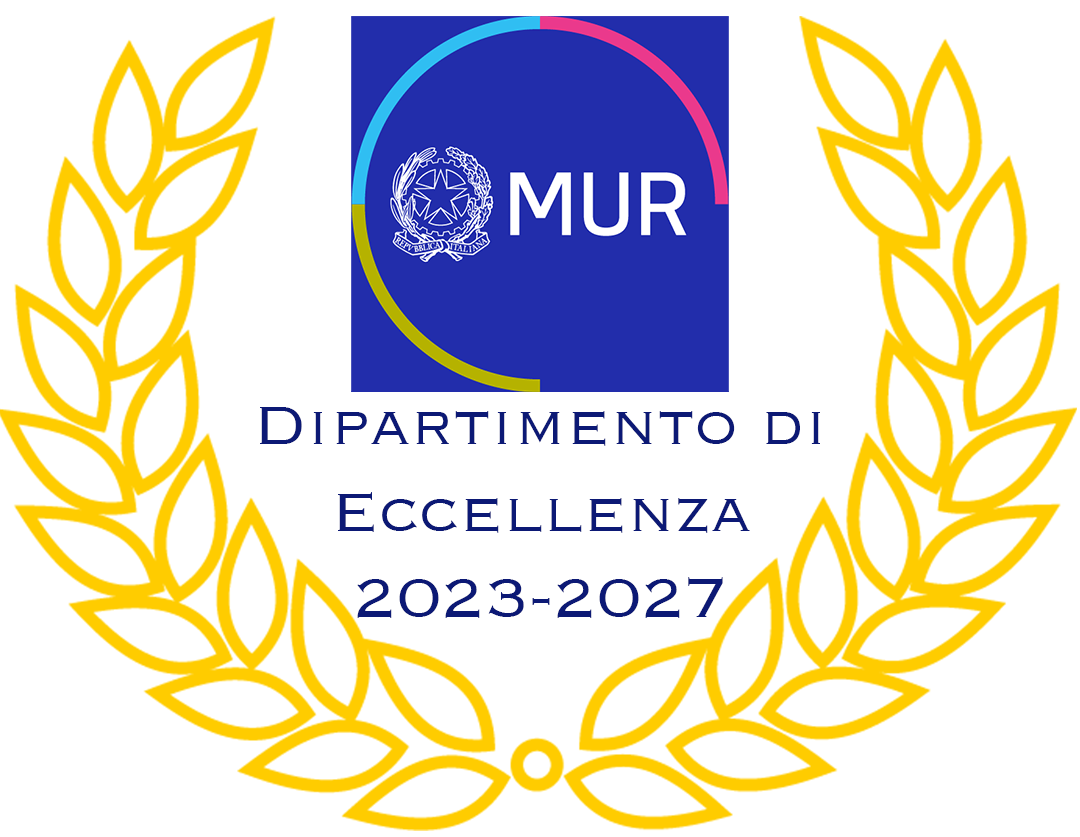Main research activities
Alternative internal combustion engines
The training activity involves the development of numerical codes for the determination of laboratory performance and experimental activities in order to verify the performance of two-stroke and four-stroke internal combustion engines fueled with traditional or innovative fuels.
Turbomachinery
The study activity foresees the optimal design of turbomachinery, with particular reference to radial flow compressors. Methodologies based on genetic algorithms are developed, combining appropriate three-dimensional fluid dynamic analysis methods with the optimization technique.
Systems with a gas turbine or combined
Through the analysis of the thermo-fluid dynamic coupling between the components, it is possible to evaluate the performance and emissions in the entire operating range and to vary the regulation techniques. The study also covers hybrid fuel cell-based plants
Nonlinear dynamics of mechanical systems
Study of the behavior of mechanical systems through theoretical-experimental investigations for the classification of elastic and kinetic defects of mechanical systems, by monitoring stress-strain wear, and study of the motions of a rigid rotor subjected to non-linear return forces.
Robotics
Creation of theoretical models for simulating the behavior of manipulators. In particular, the problem of mechanical calibration is addressed through specific planning of the trajectories both in the workspace and in the joints one.
Virtual prototypes and industrial design
Formulation of models and methods for the design of mechanical systems, CAD modeling, development of virtual dummies in ergonomics, synthesis of tolerances on a virtual prototype, Robust Design methods, and CAD-Rapid Prototyping and Reverse Engineering techniques.
Mechanical design
Study of assisted mechanical design methods based on analytical and numerical models, of structural and technological processes with large deformations and at high temperature, design, and construction of special machines, testing of specimens and components.
Energy
Systems and technologies for the improvement of efficiency and the use of renewable sources in end uses and in the conversion of energy: thermodynamic, metrological, technical-economic, and environmental aspects in plants for the production of electricity and heating and cooling.
Heat transmission
Thermo-fluid dynamic aspects of natural and mixed convection aimed at optimizing the thermal performance of mechanical and electronic systems, analysis of components, systems, and processes using computational thermo-fluid dynamics techniques.
Environmental and cold control technique
Microclimate, air quality, air conditioning and/or ventilation systems, refrigeration systems, lighting technology, applied acoustics, building thermophysical, and energy efficiency in construction.



